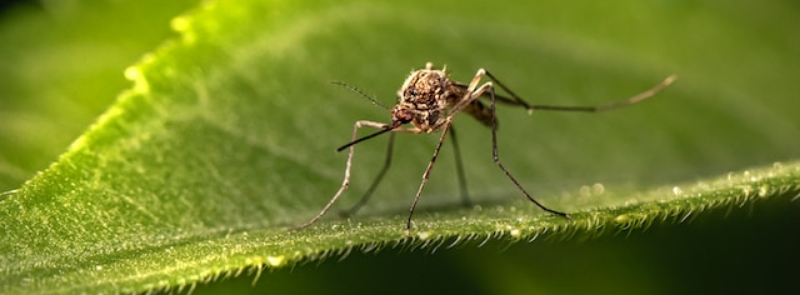
When It Occurs
Every August 20th
Official Website
Timeline
Days Passed (917)
# Hashtags
#WorldMosquitoDay #MosquitoBorneDiseases
Every year on August 20th, World Mosquito Day is observed to mark the pivotal discovery by British doctor Sir Ronald Ross in 1897. Ross, while serving with the Indian Medical Service, determined that female anopheline mosquitoes are responsible for transmitting malaria between humans.
World Mosquito Day serves as a rallying call to address the growing threat of mosquito-borne diseases and safeguard the global population. In 2023, the event facilitated collaboration, with over 50 representatives from the military and health sectors of the United States and 16 African nations coming together to tackle this pressing issue.
Background and History
-
Discovery: World Mosquito Day commemorates the day in 1897 when Sir Ronald Ross, a British doctor, discovered that female Anopheles mosquitoes transmit malaria parasites to humans. His discovery marked a significant breakthrough in understanding the transmission of malaria, which is a deadly disease caused by Plasmodium parasites.
-
Date: World Mosquito Day is celebrated on August 20th each year. It serves as a reminder of the importance of mosquito-borne diseases and the ongoing efforts to combat them.
Objectives
-
Raise Awareness: The primary goal of World Mosquito Day is to raise awareness about the threat of mosquito-borne diseases, such as malaria, dengue fever, Zika virus, and others.
-
Educate the Public: It aims to educate communities and individuals about the importance of mosquito control, prevention methods, and the impact of these diseases on global health.
-
Advocate for Action: World Mosquito Day encourages governments, organizations, and individuals to take action to prevent mosquito breeding, protect communities from diseases, and support research and development of effective interventions.
Activities and Ways to Participate
-
Educational Campaigns: Schools, health organizations, and communities organize educational campaigns, seminars, and workshops to raise awareness about mosquito-borne diseases and prevention strategies.
-
Public Health Initiatives: Governments and health agencies may conduct mosquito control programs, distribute mosquito nets, and provide vaccines or treatments in endemic regions.
-
Research and Innovation: Researchers and scientists use World Mosquito Day to highlight advancements in mosquito control technologies, vaccines, and treatments for mosquito-borne diseases.
How to Participate
-
Support Prevention Efforts: Donate to organizations working on mosquito control, research, and public health initiatives aimed at preventing and treating mosquito-borne diseases.
-
Spread Awareness: Use social media and other platforms to share information about World Mosquito Day, mosquito-borne diseases, prevention tips, and success stories in combating these diseases.
-
Participate in Local Events: Join community events, health fairs, or fundraising activities organized to raise awareness and support efforts against mosquito-borne diseases.
Impact and Significance
-
Global Health Impact: Mosquito-borne diseases affect millions of people worldwide, particularly in tropical and subtropical regions. World Mosquito Day highlights the need for continued efforts to control these diseases and improve public health.
-
Scientific Progress: Sir Ronald Ross's discovery paved the way for further research and innovations in understanding vector-borne diseases and developing effective control strategies.
-
Community Engagement: World Mosquito Day engages communities, governments, health organizations, and individuals in collaborative efforts to combat mosquito-borne diseases and protect public health.
Conclusion
World Mosquito Day serves as a global platform to raise awareness about mosquito-borne diseases and advocate for preventive measures, research, and innovation in public health. By participating in World Mosquito Day activities, supporting mosquito control efforts, and spreading awareness, individuals and organizations contribute to the fight against these diseases and strive to create healthier communities worldwide.


